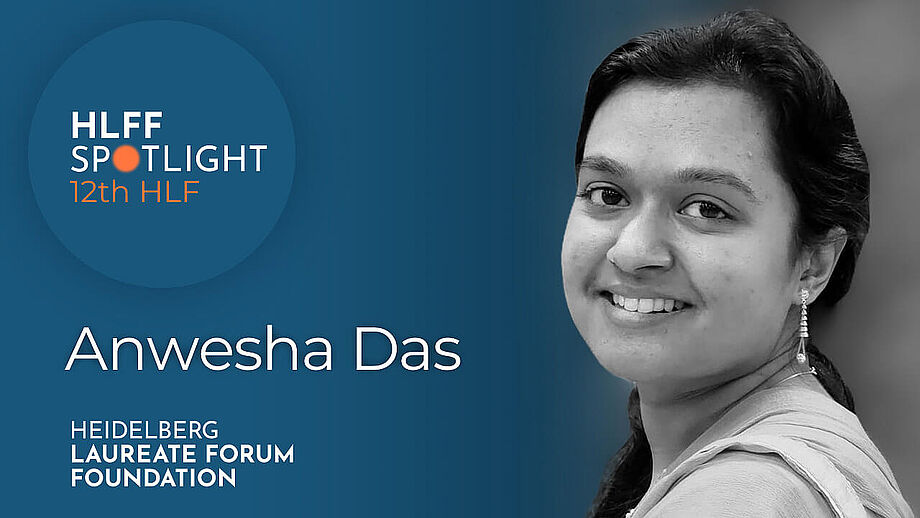Anwesha Das
The Heidelberg Laureate Forum has a single purpose: To provide some of the brightest minds in mathematics and computer science with the space and time to make connections and find inspiration. The HLFF Spotlight series shines a light on some of the brilliant individuals attending the event.
Anwesha Das is currently a computer science researcher at the Computer Science Department of the University of Chicago, Illinois. She is working on developing energy-aware solution(s) for hardware faults besides improving application performance under diverse computing conditions. She is attending the 12th HLF as an alumna of the Forum.
What first inspired you to pursue a career in your field?
When I was an undergraduate kid, people saw lots of scope for innovation in a growing field like CS. Once I got a chance to study CS, I decided to stick to it. Over time, I got a better idea of the depths and breadths of this field to impact society that kept me going. A fun fact is, at times I have been quite nonchalant career-wise, despite the fact that interesting possibilities opened up. These are perhaps cues that, if given a chance, I may pursue this path for a greater cause.
What has been the most exciting moment in your academic career so far?
Perhaps, that moment is yet to come. So far it is quite humbling to see random ideas that apparently seem useless or are from an ivory tower are slowly becoming a reality, regaining faith in wild and crazy ideas. I am usually excited when ideas pop up out of nowhere (vacuum), in the absence of any major influence, be it past breakthroughs or current hypes. Such moments are rare, but create a lot of joy within. I hope I can share such stories in the future.
What is the most important or meaningful development happening in your field right now and why?
Sustainable carbon-aware computing is one. Data centers require lot of resources to operate, and environmental resources including power are limited. Thus, developing energy-efficient methods for large-scale computing infrastructures can be eco-friendly and sustainable, especially for long-running resource intensive workloads.
The other is related to domain-specific accelerators (DSA). Emerging applications are becoming more and more specialized, requiring special hardware for enhanced performance. With the end of Moore’s law, innovations are underway to develop high performing DSAs that can help with hardware efficiency in the future.
How has attending the Heidelberg Laureate Forum impacted your life and career?
Several years back when I attended this forum the first time, I had a great experience meeting people who spoke about real innovations candidly, without any promotion. Some early career researchers were asking the right questions that made me think about the long-term directions of the field. The HLF atmosphere is quite high-spirited with lot of good vibes. This
creates a persistent feeling to contribute meaningfully during one’s lifetime, no matter what the sub-field is. The overall influence has been nothing short of rewarding.
